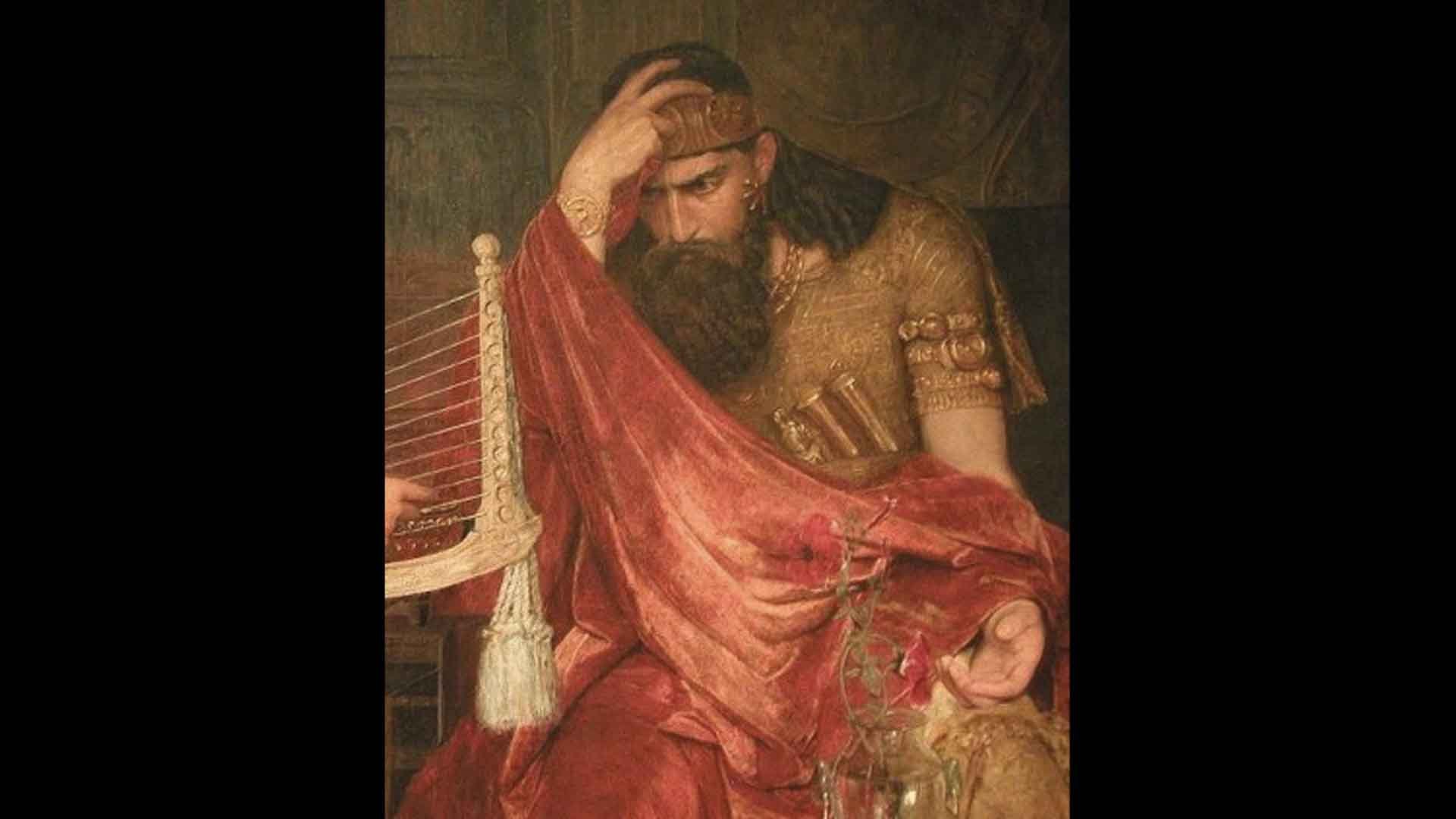For the source text click/tap here: Nazir 11
To download, click/tap here: PDF
Our Mishnah states: If one said: I know that a nazirite is prohibited from wine, but I thought that the Sages would permit me to drink wine because I cannot live without wine, or: I thought that the Sages would allow me to contract impurity from corpses because I bury the dead, he is permitted and the vow of naziriteship does not take effect, but Rabbi Shimon prohibitshim.
Rambam addresses two different categories of people who take vows using nazir terminology who do not become nazirim. In one halacha he writes that if a person who was depressed, angry or mourning was offered a cup of wine and he refused by declaring that he is a nazir from that cup of wine he is not a nazir; rather he is merely prohibited to drink that one cup of wine.
In a second halacha Rambam rules, based on our Gemara, that if a drunk was offered a cup of wine and he refused by declaring that he is a nazir from that cup of wine he is not a nazir; rather he is merely prohibited from drinking that cup of wine.
The underlying principle for these two cases is that when the person applying the pressure to drink has a specific goal in mind (e.g., to alleviate a person’s suffering, to uplift their spirit, etc.) and the vow is taken to relieve that pressure, it is assumed that the vower only intended to prohibit that cup of wine rather than take a vow of nezirus.
We explore the notion of powerlessness over alcohol from a recovery perspective as well as a more scientific approach.




















